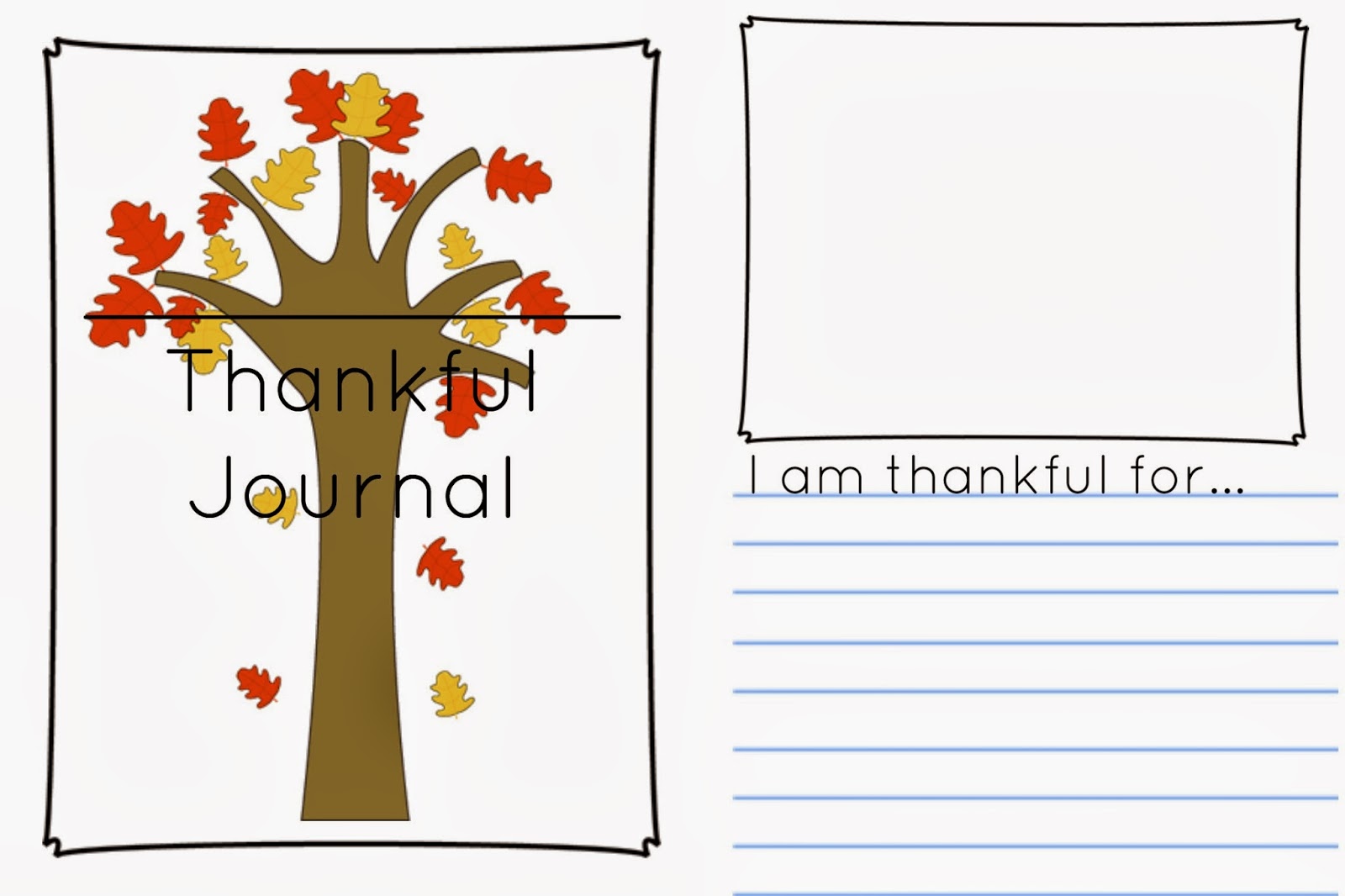Paper is something that we often take for granted in our daily lives. It is a ubiquitous presence, used for everything from writing notes and letters to printing documents and packaging products. Yet, despite its seemingly mundane nature, paper has had a profound impact on human history and continues to play a vital role in the modern world.
One reason I am thankful for paper is its versatility. Paper can be used for a wide range of purposes, from jotting down a quick note to creating detailed maps and diagrams. It is also relatively inexpensive and easy to produce, making it a widely available resource.
Another reason to be thankful for paper is its contribution to the development of written communication. Prior to the invention of paper, people used materials like papyrus, parchment, and clay tablets to record information. These materials were often expensive and time-consuming to produce, and as a result, written communication was limited to a small elite class. The invention of paper revolutionized the way we record and share information, making it possible for more people to access and contribute to written knowledge.
In addition to its role in written communication, paper has also played a significant role in the arts. From delicate watercolor paintings to bold prints and collages, artists have used paper as a canvas for centuries. The portability and accessibility of paper have made it an ideal medium for artistic expression, allowing artists to create works that can be easily transported and shared with others.
Finally, paper has also played a crucial role in preserving the world's history. Many of the documents and records that we rely on to understand the past are written on paper, and it is thanks to the durability of this material that we are able to access and learn from them today.
In conclusion, I am thankful for paper for its versatility, its role in the development of written communication, its contributions to the arts, and its importance in preserving history. It may seem like a simple and mundane material, but its impact on human culture and society cannot be overstated.







